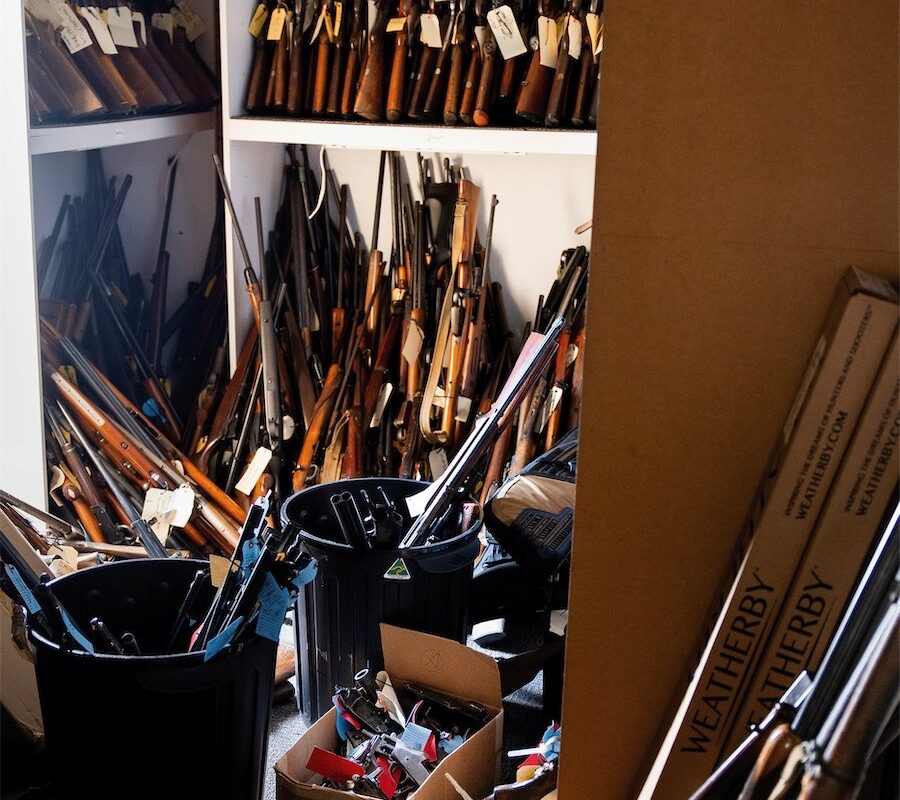
By Ian Chadband in London
Jannik Sinner could lose his coveted world No.1 ranking during his three-month doping ban – but the punishment has still been slammed as far too lenient, with Nick Kyrgios again leading the backlash.
Australia’s 2022 Wimbledon finalist Kyrgios declared on Saturday that “fairness in tennis does not exist” after learning of Sinner’s deal with the World Anti-Doping Agency (WADA).
WADA had originally sought a one-year ban for Sinner’s failed doping tests but the 23-year-old Australian Open champ has agreed to accept a shorter ban, knowing he’ll be back in action in time to play the next grand slam, the French Open, which starts at Roland Garros on May 25.
The decision did not just prompt Kyrgios’s wrath, with the Novak Djokovic-founded Professional Tennis Players Association (PTPA) citing a “lack of transparency” in the system while three-time grand slam winner Stan Wawrinka posted on social media: “I don’t believe in a clean sport anymore …”
Kyrgios posted on X: “Obviously Sinner’s team have done everything in their power to just go ahead and take a 3 month ban, no titles lost, no prize money lost.
“Guilty or not? Sad day for tennis. Fairness in tennis does not exist,” Kyrgios added, while writing in another post: “Dodgy as …”
WADA had challenged last year’s decision by the International Tennis Integrity Agency not to suspend Sinner for what the ITIA adjudged an accidental contamination by a banned anabolic steroid last March.
Sinner’s explanation — that Clostebol in his doping sample was due to a massage from a trainer who used the substance after cutting his own finger — was accepted.
But the PTPA criticised all the tennis and anti-doping bodies involved in the decision – the men and women’s tours (ATP and WTA), the grand slams, the ITIA and WADA.
“The ‘system’ is not a system. It’s a club. Supposed case-by-case discretion is, in fact, merely cover for tailored deals, unfair treatment, and inconsistent rulings. It’s not just the different results for different players. It’s the lack of transparency,” the PTPA said on X.
“The lack of process. The lack of consistency. The lack of credibility in the alphabet soup of agencies charged with regulating our sports and athletes.”
Kyrgios has been vocal about the Sinner case from the outset, saying back in August when news broke of the Italian’s two failed tests: “You should be gone for two years. Your performance was enhanced. Massage cream… Yeah, nice.”
It’s possible Sinner’s huge 3195-point advantage in the live ATP rankings could disappear during his absence as he can’t defend his points from last year, including his Miami Open title defence worth 1000 points.
He’ll miss Indian Wells, where he reached the semi-finals, and the clay-court Monte Carlo Masters and Madrid Open, leaving opportunity for No.2 Alexander Zverev and No.3 Carlos Alcaraz to cash in.
Who can be trusted?
In a world of spin and confusion, there’s never been a more important time to support independent journalism in Canberra.
If you trust our work online and want to enforce the power of independent voices, I invite you to make a small contribution.
Every dollar of support is invested back into our journalism to help keep citynews.com.au strong and free.
Thank you,
Ian Meikle, editor









Leave a Reply